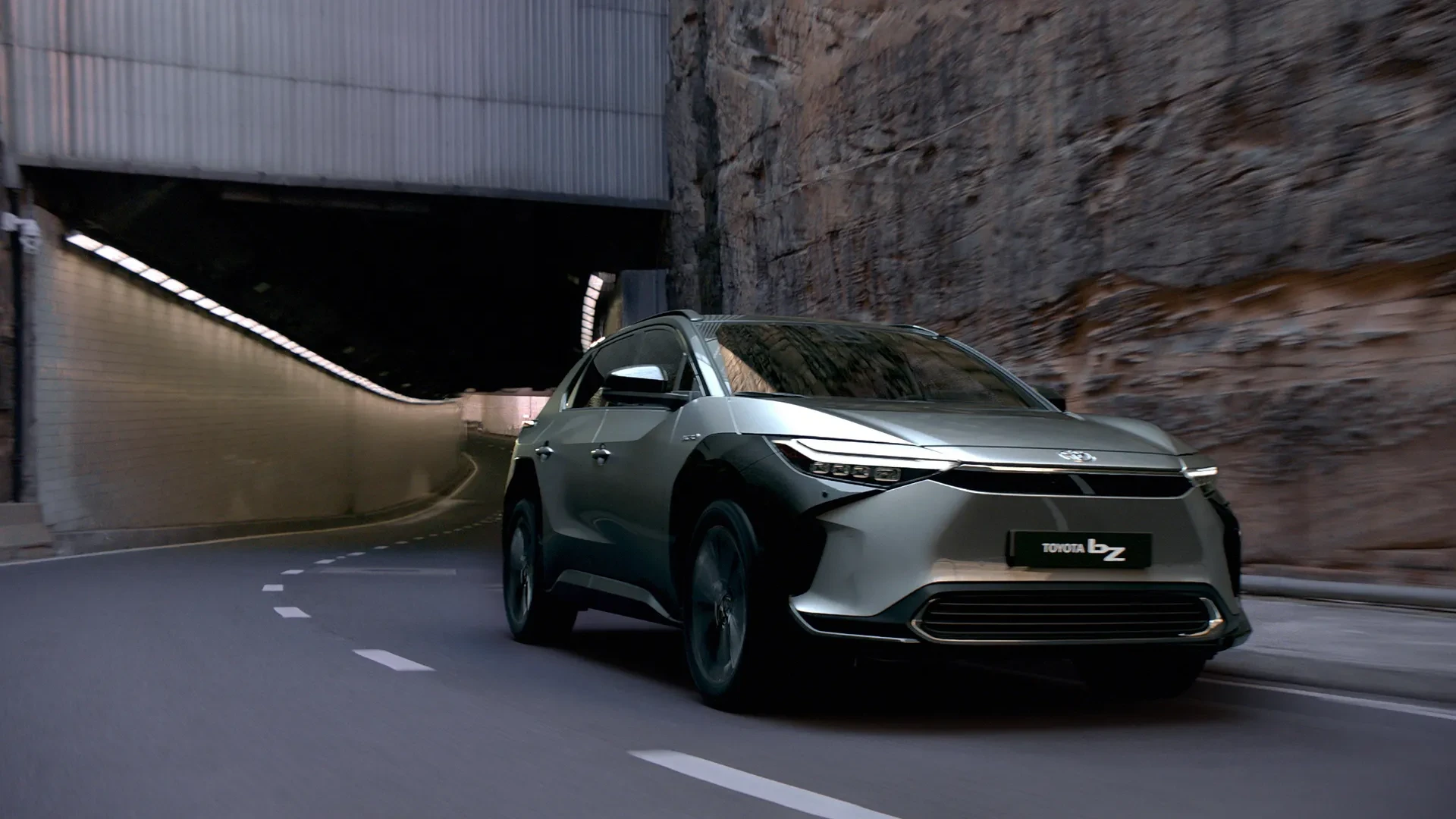Toyota Motor recently unveiled its ambitious plans to revolutionize the electric vehicle (EV) market by introducing advancements in solid-state batteries and other key technologies. The company aims to enhance the performance, range, and affordability of its upcoming electric vehicles, aiming to compete with industry leader Tesla.
One of Toyota’s primary focuses is the development of next-generation lithium-ion batteries, slated for a 2026 release. These advanced batteries are expected to deliver a significantly extended range and faster charging capabilities. Toyota’s goal is to design an electric vehicle capable of traveling over 1,000 kilometers on a single charge and recharging fully in just 10 minutes. This projected range surpasses the current long-range version of Tesla’s Model Y, which achieves approximately 530 kilometers per charge according to US standards.
A major breakthrough for Toyota comes in the form of solid-state batteries. The company has made substantial progress in overcoming the durability challenges associated with these batteries, marking it as a significant technological advancement. Toyota intends to develop methods for mass production of solid-state batteries and plans to introduce them to the commercial market by 2027. Solid-state batteries are considered promising due to their ability to store more energy compared to liquid electrolyte batteries, potentially providing EVs with greater range, addressing a crucial concern for consumers.
While solid-state batteries hold great promise, their higher cost remains a challenge. To tackle this, Toyota is also exploring an alternative option: lithium iron phosphate batteries. These batteries have gained popularity in China due to their cost-effectiveness.
In addition to battery innovations, Toyota is actively working on developing a dedicated EV platform. This platform aims to streamline manufacturing processes and reduce costs for new EV models. Furthermore, the company is implementing a highly automated assembly line that eliminates the need for traditional conveyor belt systems. Vehicles being produced on this advanced assembly line will autonomously navigate through each stage, enhancing efficiency and productivity.
Toyota’s comprehensive plan signals the company’s commitment to establishing a competitive position in the rapidly growing EV market. By investing in next-generation batteries, exploring alternative options, and optimizing manufacturing processes, Toyota aims to deliver electric vehicles that not only match but potentially surpass the performance and range offered by current market leaders.
As the automotive industry shifts towards sustainable transportation, Toyota’s advancements bring hope for a future with more efficient and accessible electric vehicles. By pushing the boundaries of technology and production, Toyota strives to provide consumers with compelling options in the EV market while addressing crucial concerns such as range limitations and affordability.
